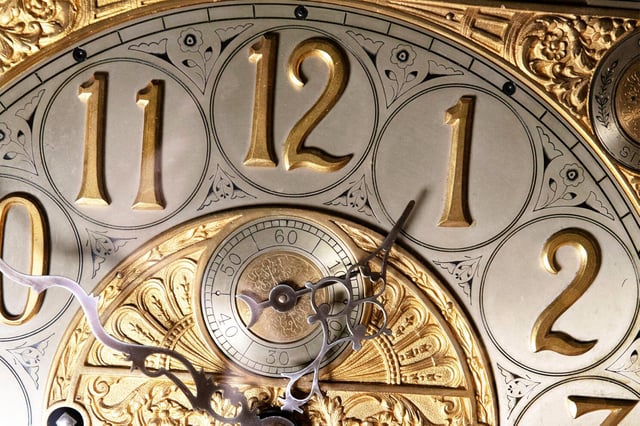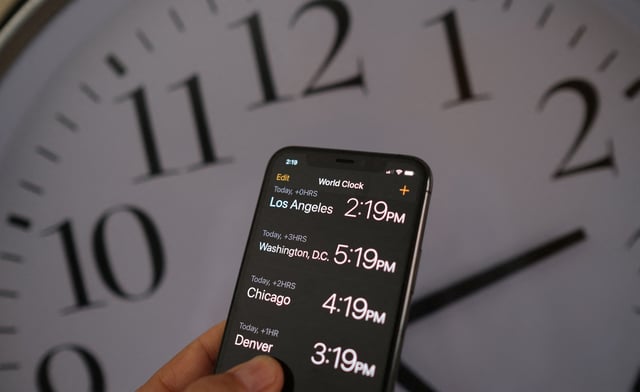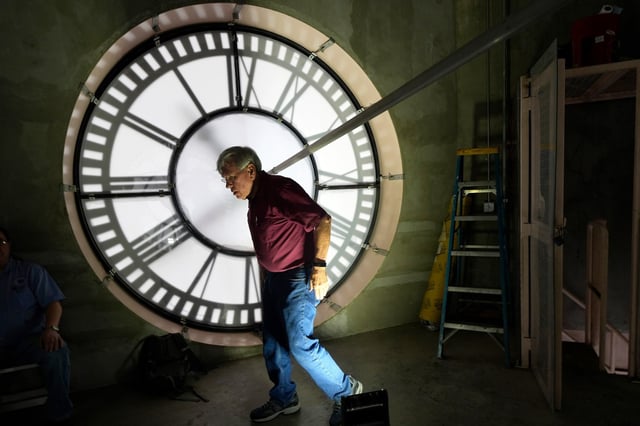Overview
- Several bills proposing permanent daylight saving time or granting states the authority to adopt it are currently under consideration in Congress.
- Health experts advocate for permanent standard time instead, citing negative impacts of daylight saving time on circadian rhythms, sleep, and overall health.
- Historical attempts at permanent daylight saving time in the U.S., including during the 1970s energy crisis, were initially popular but later abandoned due to safety and public dissatisfaction.
- Studies link daylight saving time to increased risks of traffic accidents, heart attacks, strokes, and other health issues, especially during the transition periods.
- While public opinion shows support for eliminating clock changes, disagreements persist over whether to adopt permanent daylight saving or standard time.



